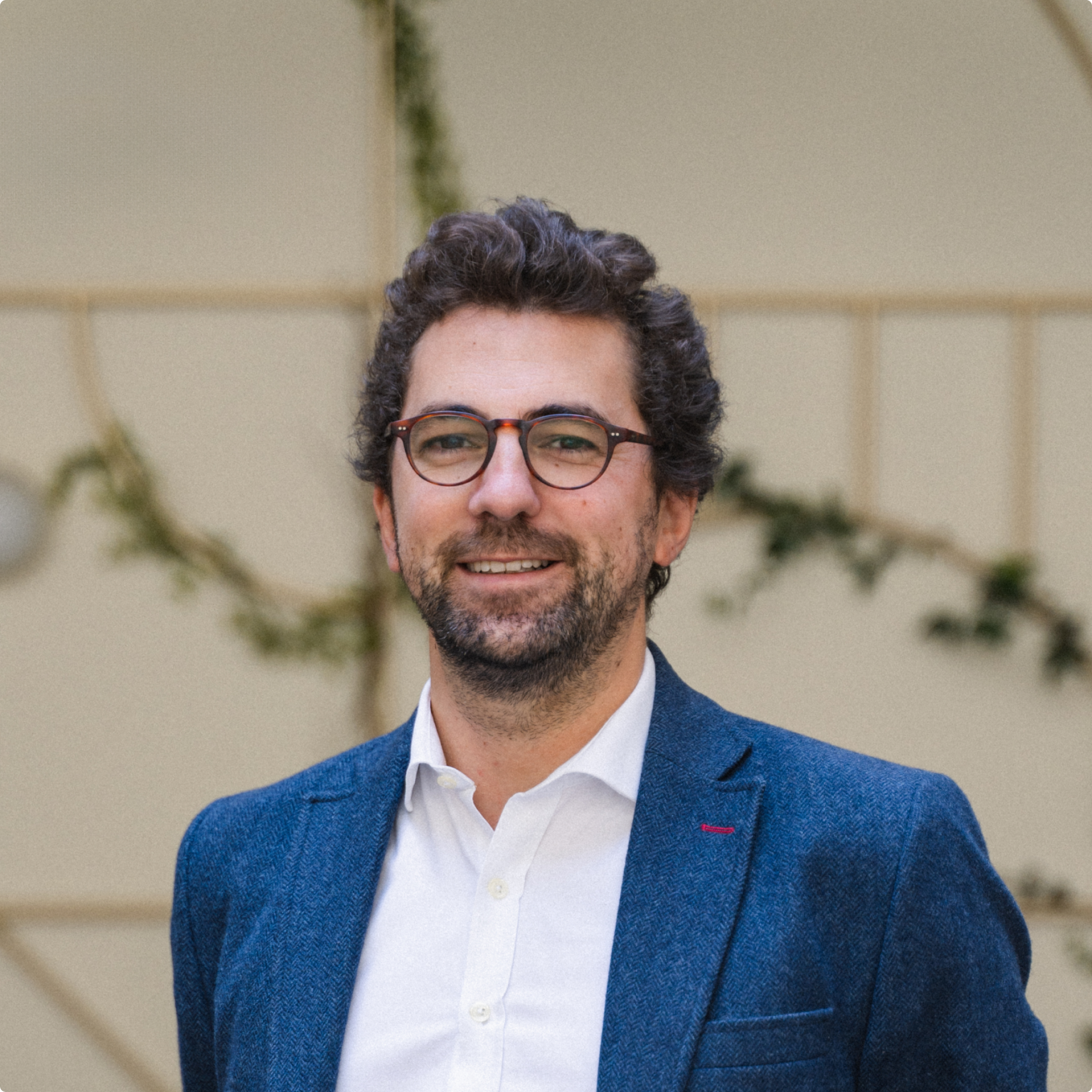Vision
& Team

our ambition
Our team’s ambition is to make mediation the natural reflex of the business world to prevent and resolve disputes.
our team
The Executive Team

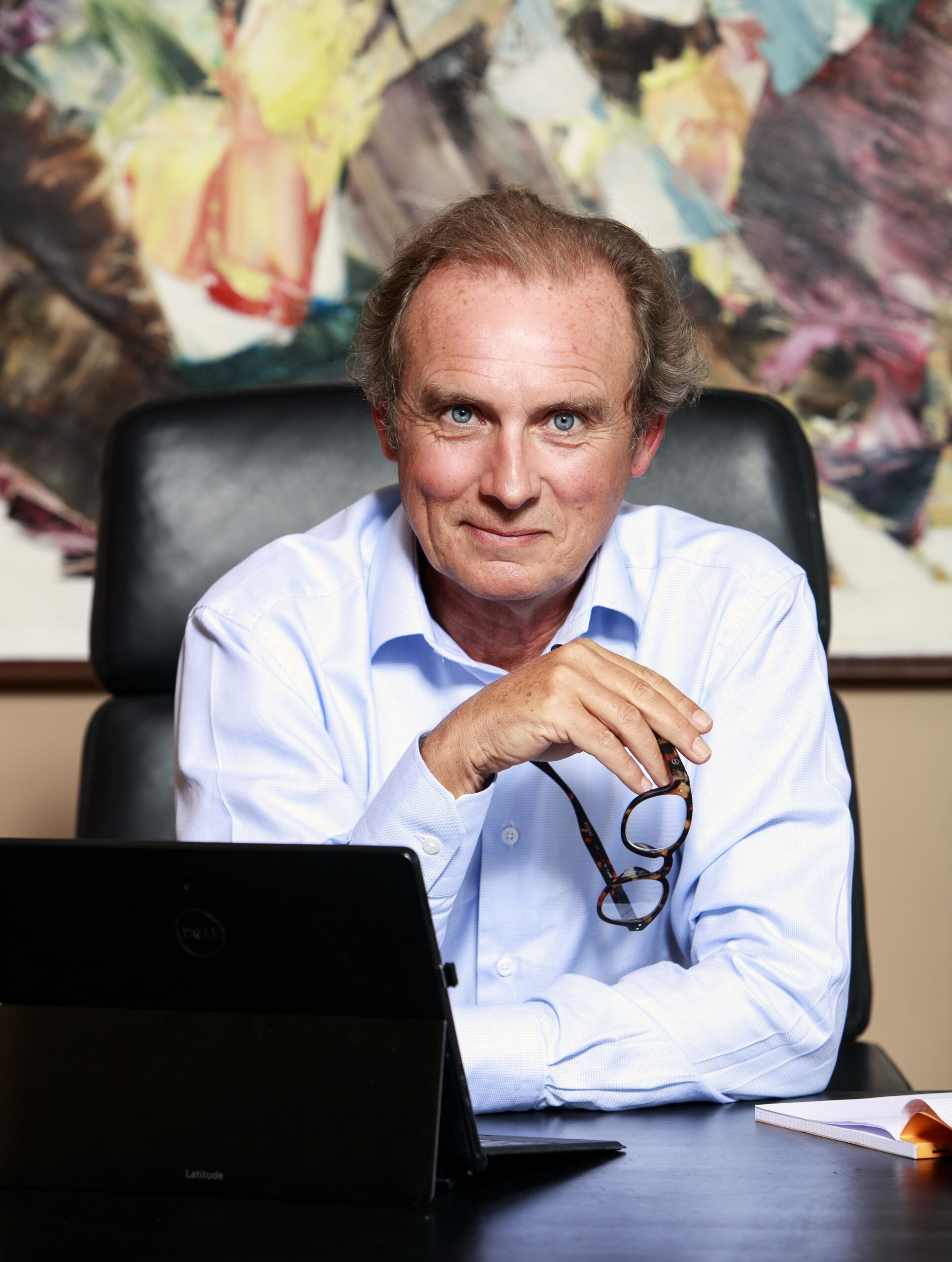
Denis Musson
Senior Advisor & Mediator
A former General Counsel and Secretary to the Boards of Directors of listed companies, Denis now acts as senior advisor to family offices and regtechs/legaltechs. He is Honorary Chairman of the Cercle Montesquieu and a member of the French National Council for Mediation.
our team
The founders
Equanim was founded by Patrick Klugman, Matthias Fekl and Ivan Terel, with the support of Enrico Letta, Gérard Mestrallet and Maurice Lévy. In order to lead Equanim International, the founders have surrounded themselves with :
- high-level personalities from around the world, brought together in the International Strategy Council.
- leading figures in the field of mediation, brought together in the Scientific Council.
These two councils, with which the founders form Equanim International’s governing bodies, enable us to reach out to companies and organizations around the world through the International Strategy Council, and to ensure the quality of our actions and work through the Scientific Council.
our bodies
International Strategy Council
The purpose of the International Strategy Council is to contribute to Equanim’s international reputation, and to complete its pool of mediators.

David
Simon
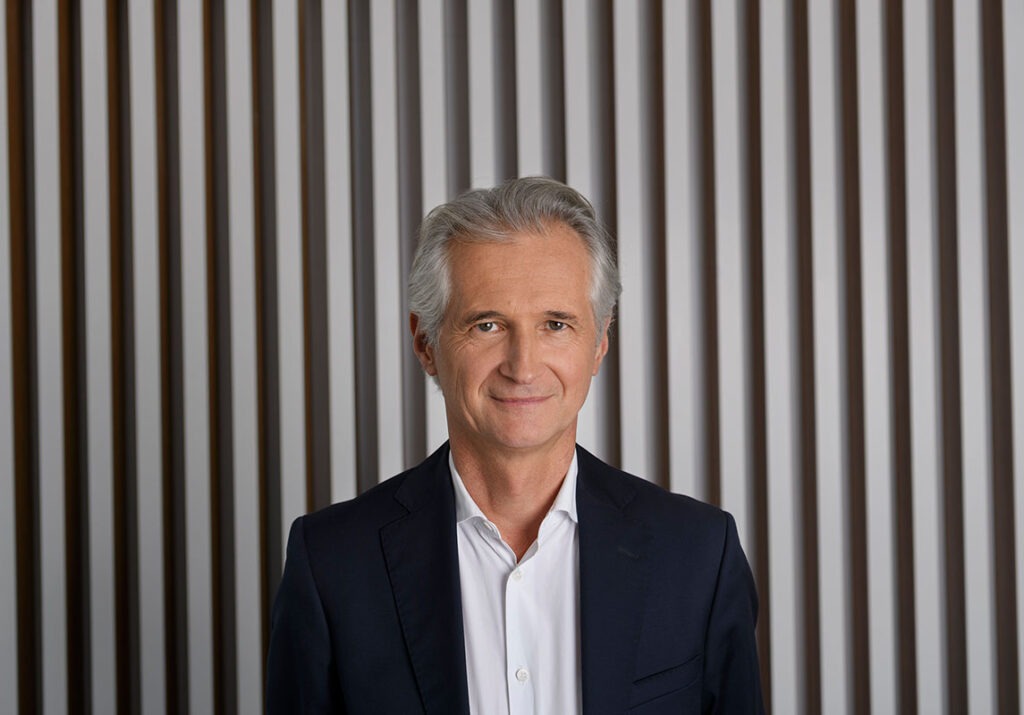
Antoine
Gosset-Grainville

Thomas H.
Glocer

Gerhard
Cromme

Marie-José
Nadeau

Gérard
Mestrallet
our bodies
Scientific Council
The Scientific Council is made up of legal professionals and well-known figures in the field of mediation. It contributes to Equanim’s efforts to raise awareness of amicable solutions, and makes recommendations to enhance our service offering.
Its members can support any mediation process, helping to build it up or deal with any technical, legal or ethical difficulty. They can also be appointed as mediators.

Jacques
Bouyssou
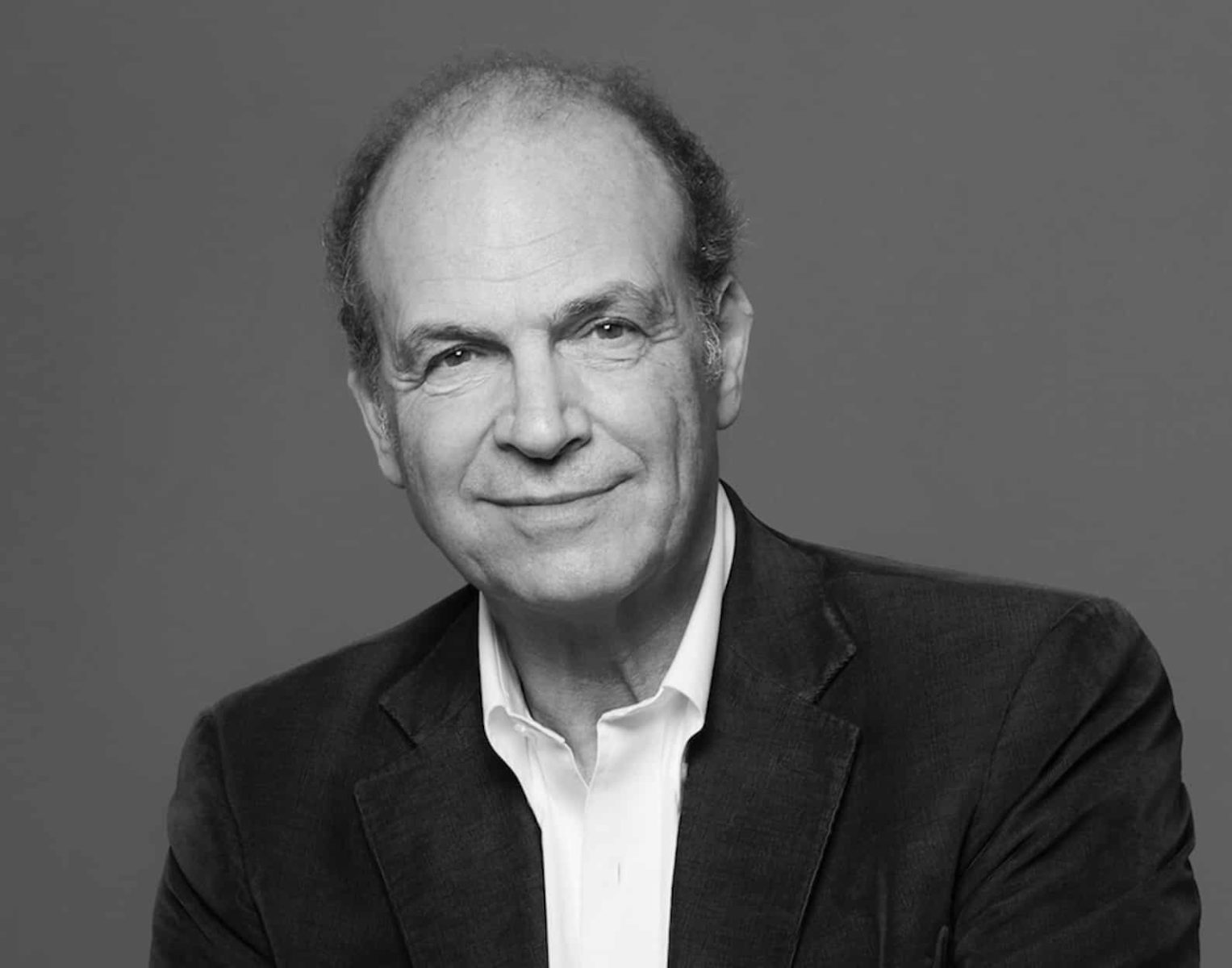
Claude
Amar

Christiane
Féral-Schuhl

Julie
Klein

Hélène
Bornstein
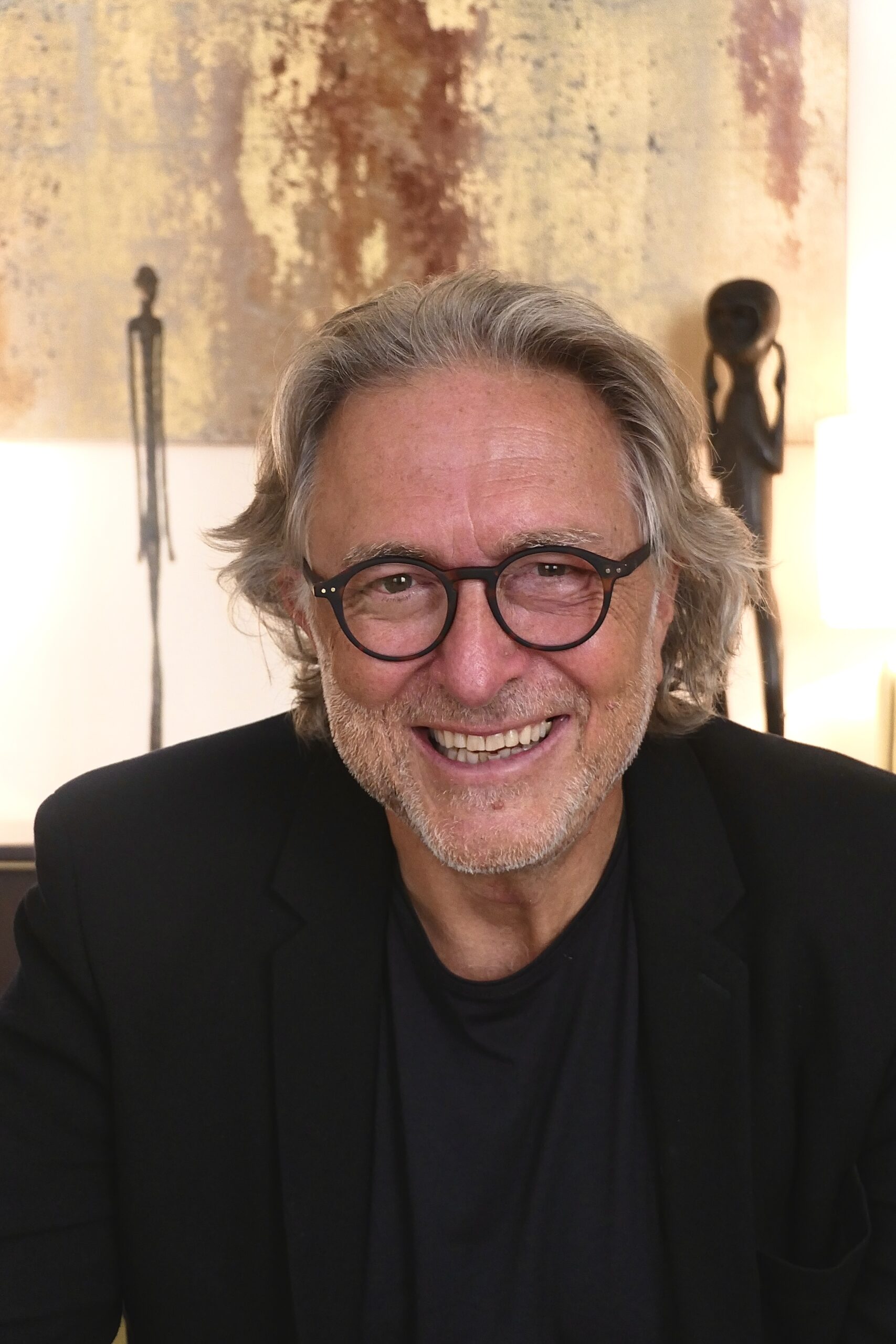
Pierre
Servan-Schreiber
Frequently asked questions
What is mediation?
Mediation is a dispute resolution process in which several legal entities or individuals entrust an independent, neutral and impartial third party with the task of helping them to bring their viewpoints closer together and to resolve their dispute by enabling them to re-establish contact and communicate with each other.
Who can initiate mediation?
The parties to a dispute are free to initiate mediation at any time, as long as they both agree to it. This is sometimes even pre-arranged in specific clauses within business contracts. In other cases, one party usually proposes mediation to the other.
Mediation institutions, such as Equanim International, can also offer to mediate on behalf of one party to another, or on their own initiative.
In what situations should mediation be used?
Mediation is suitable for any type of dispute, with none excluded in principle, regardless of the field (commercial relations, competition, finance and insurance, insolvency, construction, industry and transportation, etc.), the subject of the dispute (contractual relationships, shareholder conflicts, asymmetrical disputes, class actions, etc.), or the scale of the financial stakes.
It can also be relevant in supporting companies with project management: contractual negotiations, leadership transitions, management of joint venture relationships, etc.
When to resort to mediation?
- Before any contentious proceedings, either under a mediation clause or if the parties wish, to avoid resorting to court or arbitration.
- During proceedings, mediation can be ordered by the judge during or in parallel with the proceedings, with or without a stay of proceedings, depending on the choice of the parties.
- After obtaining a judicial or arbitral decision, to avoid appeals, to agree on the interpretation and implementation of the decision, or to seek a different, more satisfactory solution for the parties.
How can Equanim improve your mediation conditions?
- Mobilizing its network of first-rate mediators: Mediation professionals and key figures in the major sectors of international business life.
- Holistic dispute resolution: Equanim offers an enhanced mediation service by supporting the parties in co-constructing the most suitable framework: facilitated entry into mediation, assistance in selecting the best mediator, determination of logistical considerations, referral to audit firms and experts, monitoring of the solution reached by the parties, etc.
- Efficiency and confidentiality: By co-constructing a confidential discussion framework focused on finding amicable and effective solutions, Equanim strengthens the chances of reaching an agreement that resolves the dispute.
What is the role of the mediator?
While the mediator’s prerogatives are not always identical in all cases, his or her primary function is to support the parties in their search for a solution, and to ensure that a constructive dialogue is re-established between them to this end. As a neutral, independent and impartial third party, the mediator guarantees a confidential framework for exchanges between the parties, and works actively to bring them closer together.
He or she is not necessarily a legal professional: it is the dynamics he or she instills and the creativity of the solutions he or she generates that matter, more than legal skills. The parties need to ask themselves what they expect from the mediator, whether he or she is simply a facilitator or an advisor likely to propose solutions. In business mediation, it is generally preferable to have a proactive mediator.
What are the duration and costs of mediation?
Although variable according to the needs and complexity of the cases handled, the average duration of mediation is around 60 days. At Equanim, the average estimated cost is between 0.3% and 1.5% of the amount at stake in the dispute.
With a success rate of 80%, mediation benefits from a particularly favourable cost/benefit ratio compared to legal or arbitration proceedings, which are subject to unpredictable and often substantial costs and duration, generating insecurity for the parties.
How does mediation with Equanim work?
- Referral phase: Equanim receives a request for mediation or is interested in a dispute, and carries out an initial feasibility study;
- Setting up mediation: Equanim formulates a mediation proposal, including the names of mediators who can be mobilized, and the resources and expertise required to facilitate the mediation. The parties agree on a timetable under the aegis of the mediator;
- Analysis and listening phase: The mediator assesses the situation and identifies the needs and interests of each party;
- Dispute resolution phase: The dispute resolution phase consists of highlighting the possible options and choosing a solution.
- Agreement drafting phase: The parties agree on a solution and sign an agreement putting an end to the dispute.
Let's talk about your mediation project
Our executive team is at your service to support you at every stage of your project.
Contact us to find out more.

